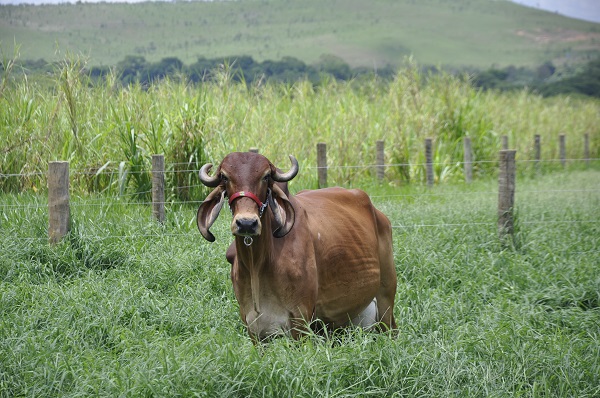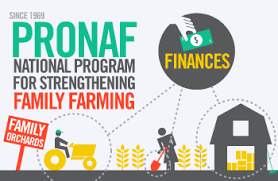
Credit unions play an important socio-economic role in the Brazilian financial system, usually providing individual financial loans at lower interest rates when compared to traditional bank institutions. But the financial efficiency of the credit unions is a key component for the survival in a highly competitive sector that tends toward concentration. Ricardo Terranova Favalli (Central Bank of Brazil), Alexandre Gori Maia (UNICAMP) and José Maria Jardim da Silveira (UNICAMP) analyzed the impacts of governance on the financial efficiency of credit unions in Brazil. The paper was published at the RAUSP Management Journal.



